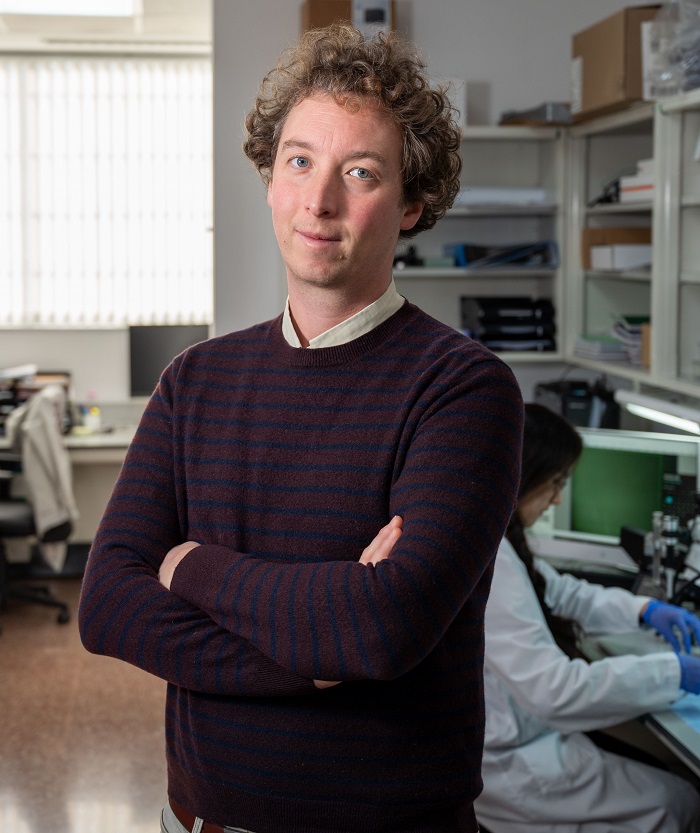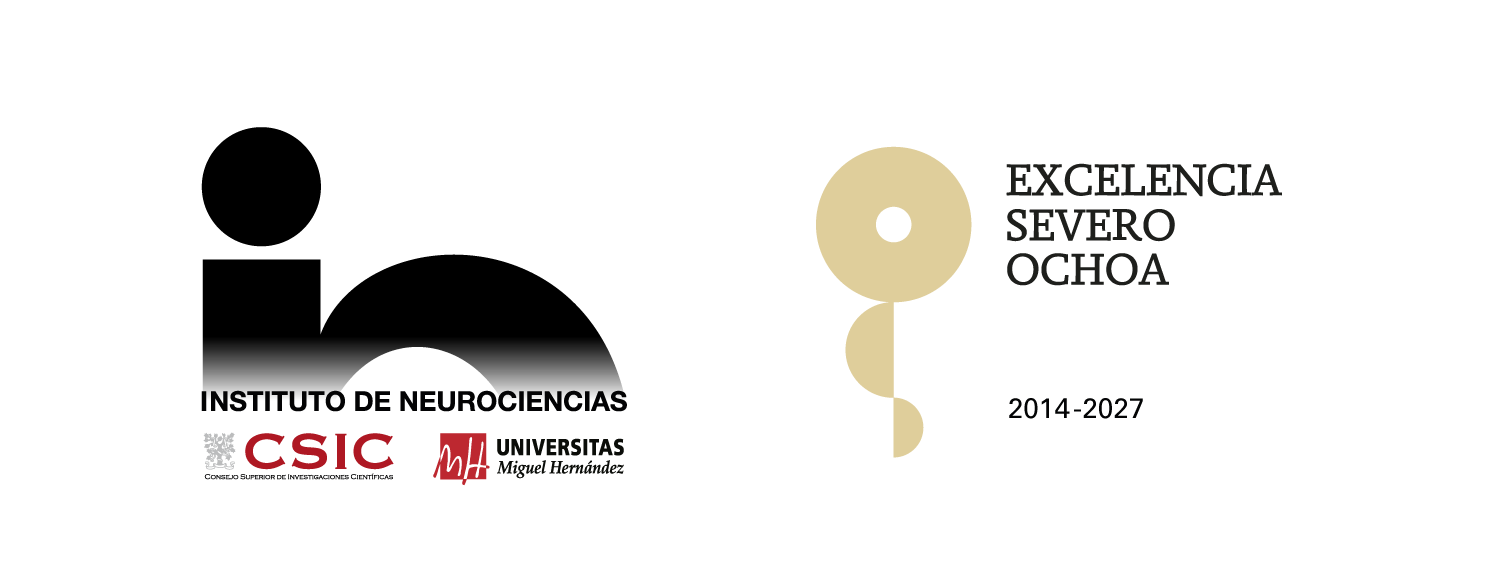Researcher Félix Leroy receives an ERC Proof of Concept grant to develop solutions for social anxiety disorder and schizophrenia
5 de February de 2025
- The goal of ERC Proof of Concept grants is to help ERC-funded ideas transition from pioneering research to innovation.
- This project could pave the way for the development of targeted medications to treat extreme introversion.
A team led by Félix Leroy at the Institute for Neurosciences (IN), a joint center of the Spanish National Research Council (CSIC) and the Miguel Hernández University (UMH) of Elche, has developed a promising approach to addressing social interaction difficulties in individuals with disorders such as schizophrenia and social anxiety disorder. Leroy, who leads the Cognition and Social Interactions laboratory, has received a new grant from the European Research Council (ERC) to advance the development of novel therapeutic strategies based on the modulation of neural circuits involved in socialization.

Photo: The researcher Felix Leroy, Institute for Neurosciences, CSIC-UMH
Difficulties in social interaction often hinder the ability to connect with new people and can profoundly impact the quality of life, limiting professional and personal opportunities. Based on studies of neural circuits in the mouse brain that Leroy has conducted as part of his ERC Starting Grant MotivatedBehaviors, this project has identified a potentially key mechanism: a hormonal signal that regulates the preference for interacting with new individuals. This signal, which is disrupted in animal models of schizophrenia, is crucial for promoting healthy social interactions.
In 2023, his team demonstrated that corticotropin-releasing hormone (CRH), produced by neurons in the infralimbic cortex—where emotional expression and alertness, among other functions, are regulated—sends a signal to the lateral septum, a region that governs motivated behaviors such as socialization, food-seeking, and safety. This signaling suppresses social interactions with familiar mice.
Leroy has stated that he hopes this impulse will be a significant step toward providing dedicated and effective solutions for those struggling with social interaction challenges: “I am pleased to receive this support to develop our patent. Translational research is relatively new to me, and I am excited about the opportunity to continue our preclinical research to develop targeted treatments to enhance social interactions”.
Currently, the researcher is conducting an innovative preclinical trial. His objective is to determine whether administering specific compounds, known as CRHR1 agonists, can restore the preference for novel social interactions in animal models with impaired social behavior. This breakthrough could lead to the development of targeted medications to treat extreme introversion, a common symptom in various mental disorders.
The new project will allow him to establish collaborations with pharmaceutical companies to accelerate the development of therapies that could improve the lives of millions of people affected by disorders associated with social withdrawal. The main goal of the ERC Proof of Concept grants is to facilitate the transition of ERC-funded ideas from pioneering research to innovation.
Source: Institute for Neurosciences CSIC-UMH (in.comunicacion@umh.es)

 Español
Español